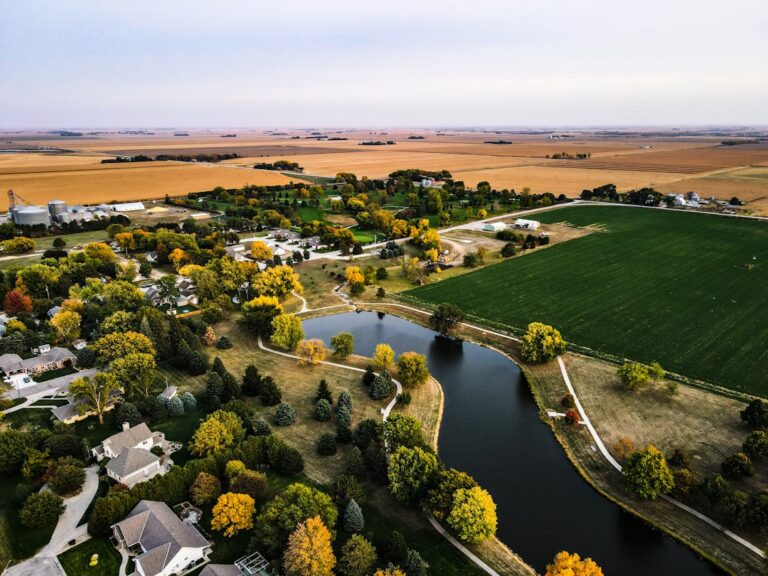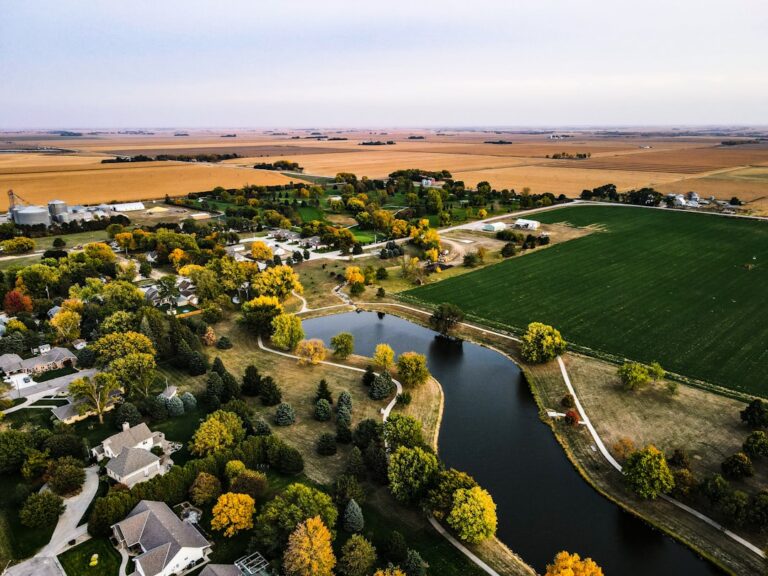Rural Nebraska faces unique challenges from robocalls due to limited infrastructure. Robocall Lawyer Nebraska addresses this by educating communities, advocating for regulations, and providing legal solutions. They combine workshops and improved digital access to enhance communication and connect rural areas with legal services. This innovative approach revolutionizes legal service delivery, ensuring personalized communication and efficient case management, even in remote regions.
In the digital age, robocalls have become a pervasive issue, particularly in rural areas where legal services often face unique challenges. This article explores Bassett’s innovative approach to addressing these obstacles through technology adoption. We delve into their strategies for overcoming barriers, efficient legal service delivery, and community engagement, showcasing how Nebraska’s rural law firms are embracing digital innovation. By understanding the robocall landscape in rural communities, we uncover solutions that enhance access to justice for residents across Nebraska.
Understanding Robocall Challenges in Rural Areas

In rural areas, the rise of robocalls presents unique challenges distinct from urban centers. One significant issue is the lack of infrastructure that facilitates traditional communication methods. Many rural residents rely on landlines, which are more susceptible to automated calling technologies due to their direct connection to centralized systems. This vulnerability allows robocallers to target these areas with ease, inundating communities with unsolicited messages.
Furthermore, low population densities in rural Nebraska mean that local phone carriers may not invest heavily in advanced call blocking or filtering technologies, leaving residents more exposed. A Robocall Lawyer Nebraska can play a crucial role in addressing these challenges by educating communities on call identification and blocking tools, advocating for stricter regulations, and providing legal recourse against persistent spam calls.
Bassett's Unique Approach to Overcoming Barriers

Bassett takes a unique and innovative approach when it comes to overcoming barriers in adopting robocall technology, especially for legal services in Nebraska. They recognize that while automation can enhance efficiency, many rural areas face challenges due to limited internet connectivity and digital literacy. To address this, Bassett has developed tailored strategies that cater to the specific needs of their community.
Their method involves a combination of education and accessibility. By organizing workshops and training sessions, they empower local residents and businesses with the skills to navigate robocall systems effectively. Additionally, Bassett implements robust digital infrastructure in rural areas, ensuring reliable internet access. This proactive approach not only facilitates the adoption of robocall technology but also fosters a more digitally connected community, especially for legal services, making Robocall Lawyer Nebraska more accessible to all.
Technology Integration for Efficient Legal Services

In today’s digital era, the integration of technology has become a game-changer for legal services, and Bassett Law Firm in Nebraska is at the forefront of this revolution. By adopting innovative tools like robocalls, they are enhancing their communication strategies to better serve clients. Robocall technology allows lawyers to automate certain tasks, such as sending reminders, collecting initial client information, and even scheduling appointments. This not only improves efficiency but also ensures that clients in remote areas or with busy schedules can easily access legal advice.
For example, a robocall lawyer Nebraska firm might use this system to reach out to clients who have retained them for a particular case. Automated calls can provide updates on case progress, important dates, and even offer basic legal guidance. This personalized yet efficient approach ensures that clients stay informed without overwhelming the legal team with routine queries. As a result, attorneys can focus more intently on complex matters, ensuring every client receives high-quality legal representation.
Community Engagement: Building Trust with Locals

In the context of Bassetts Rural Approach to Robocall Technology Adoption, Community Engagement plays a pivotal role in building trust with locals. By organizing grassroots events and workshops, local law firms like those offering Robocall Lawyer Nebraska services can bridge the gap between technology and community members. These gatherings provide an opportunity to educate residents about the benefits of robocall technologies while addressing concerns related to privacy and data security. Through open dialogue and active listening, law firms can dispel myths and alleviate fears, fostering a sense of comfort and acceptance among their neighbors.
Engaging with the community in this manner helps establish law firms as trusted advisors rather than distant entities. It allows for a deeper understanding of local needs and preferences, enabling tailored solutions that resonate with rural Nebraskans. This personalized approach not only facilitates the adoption of robocall technologies but also strengthens the relationship between legal services providers and their clientele.
Nebraska's Rural Law Firms Embracing Innovation

In the heartland of America, Nebraska’s rural law firms are embracing innovation with an enthusiastic arm toward the future. These legal professionals recognize the evolving landscape of communication and are adapting to meet the needs of their clients in a modern world. With the rise of robocall technology, a trend that has been sweeping across the nation, Nebraska’s rural lawyers are finding ways to utilize this tool effectively while maintaining ethical standards.
Robocalls, once considered a nuisance, have found their place in legal practice, especially for mass communication and client outreach. Many law firms in Nebraska are adopting robocall services to connect with clients on a larger scale. This innovative approach allows them to deliver important updates, reminders, and legal information to a broad audience efficiently. By embracing this technology, rural lawyers are not only staying relevant but also ensuring that their services reach those who may otherwise be hard to connect with in the digital age.






